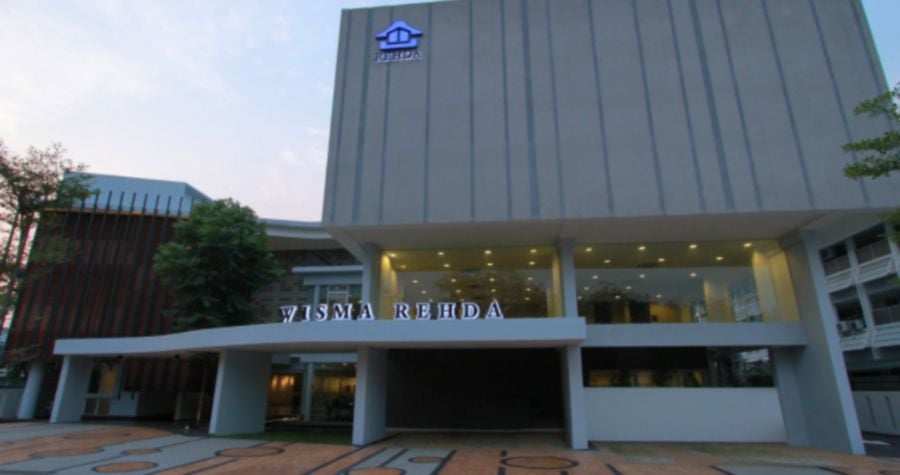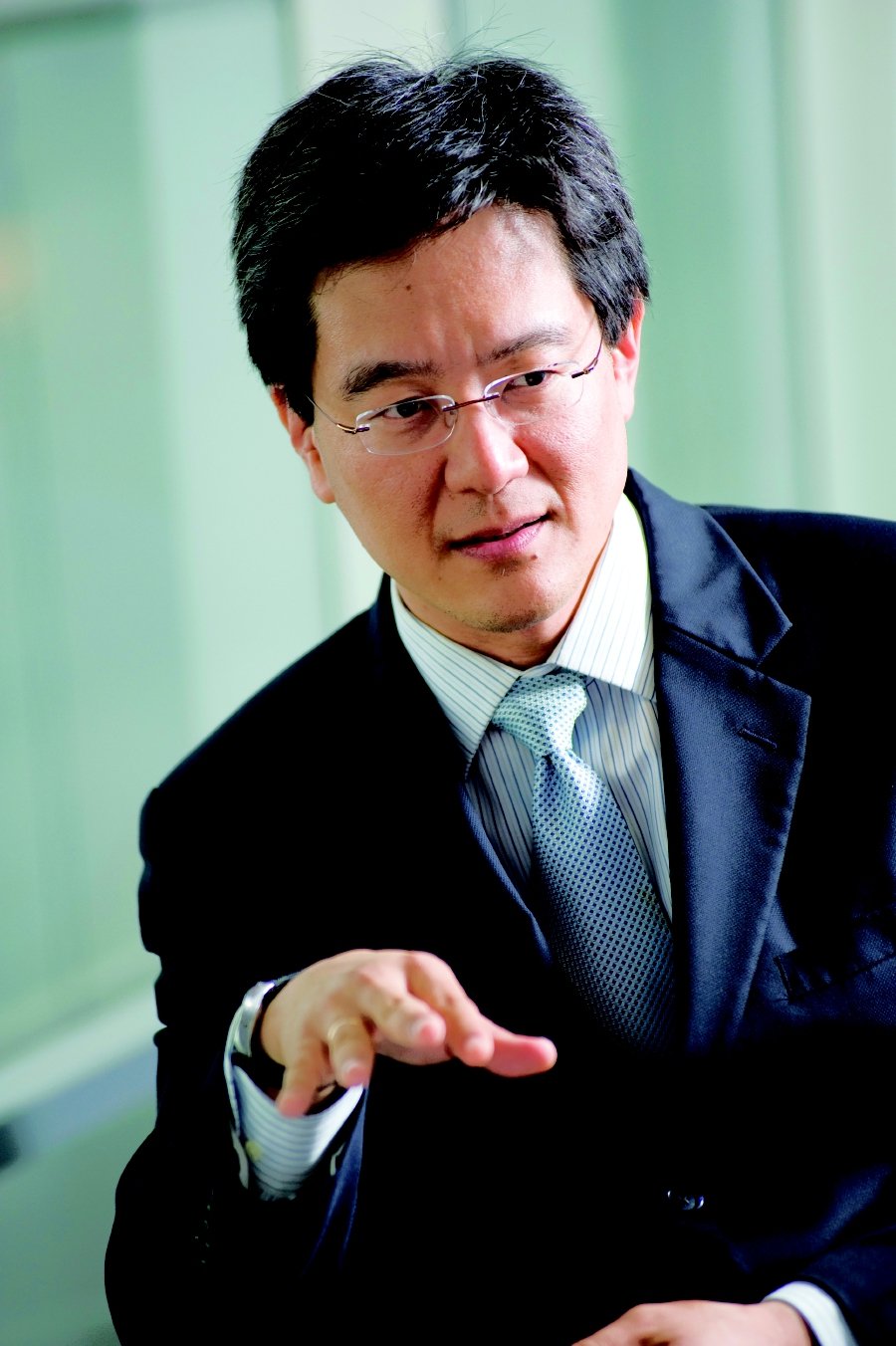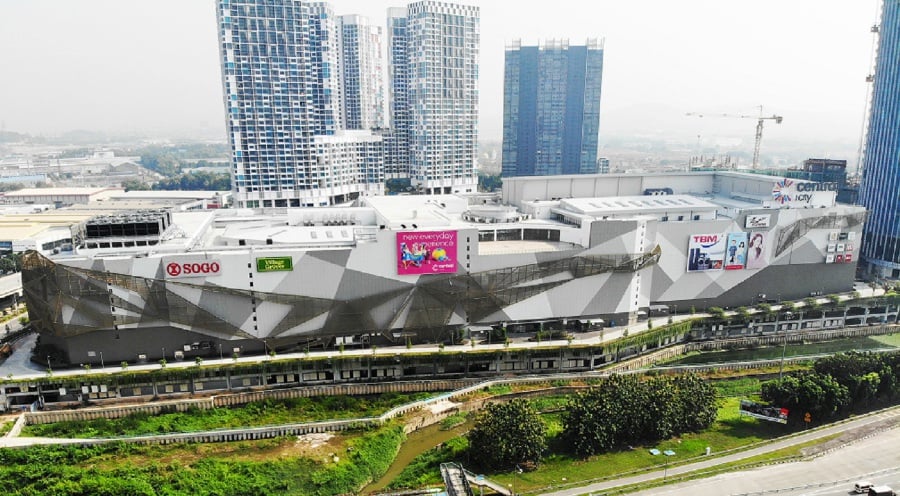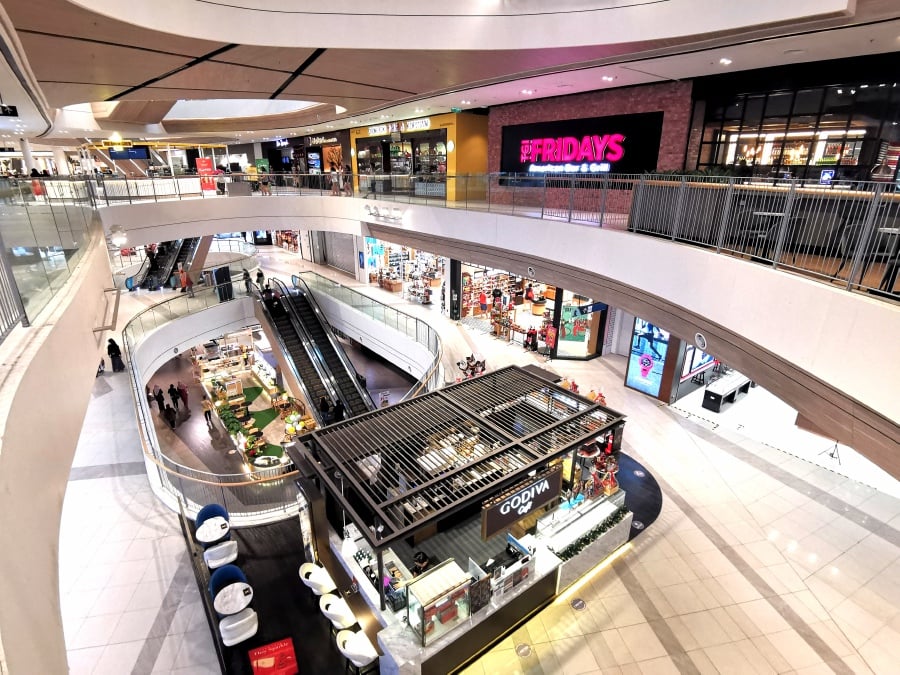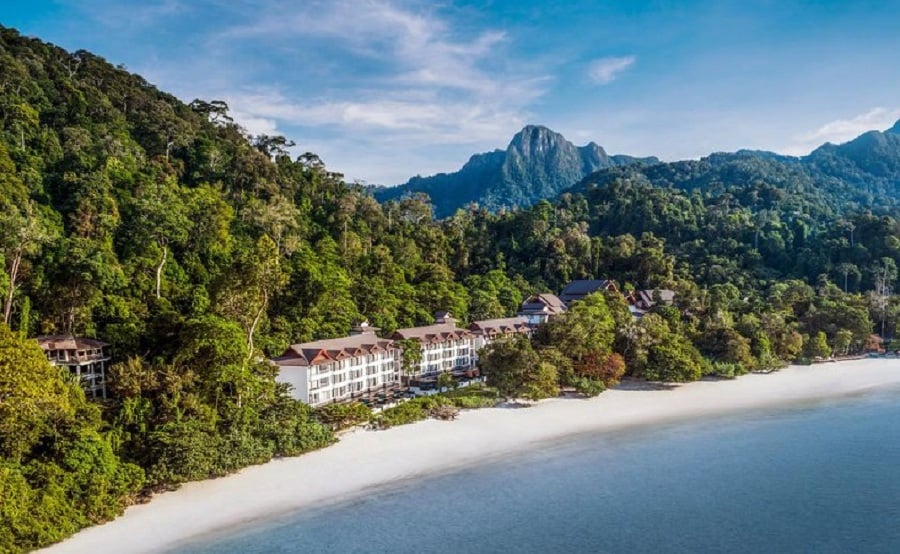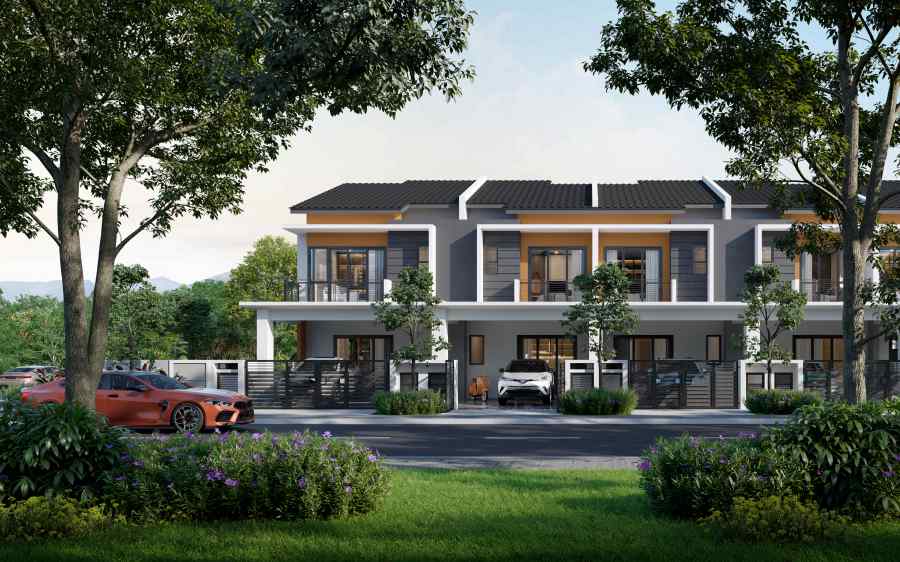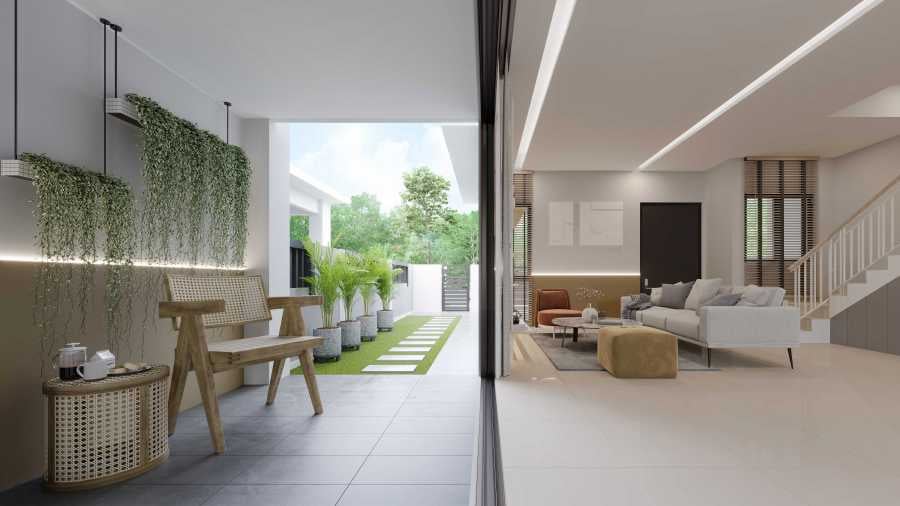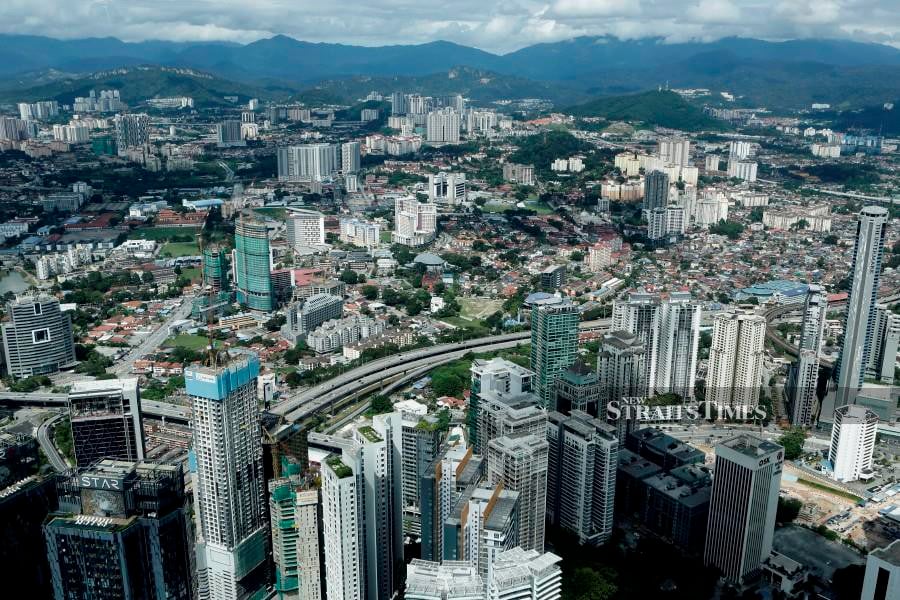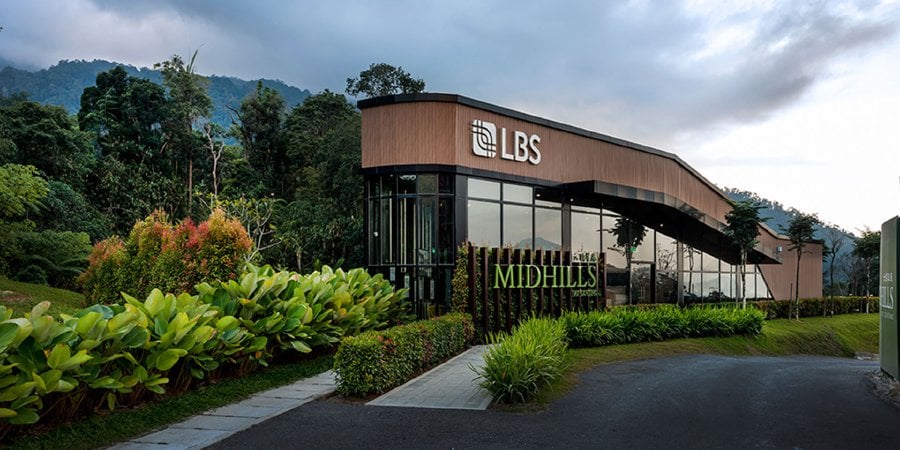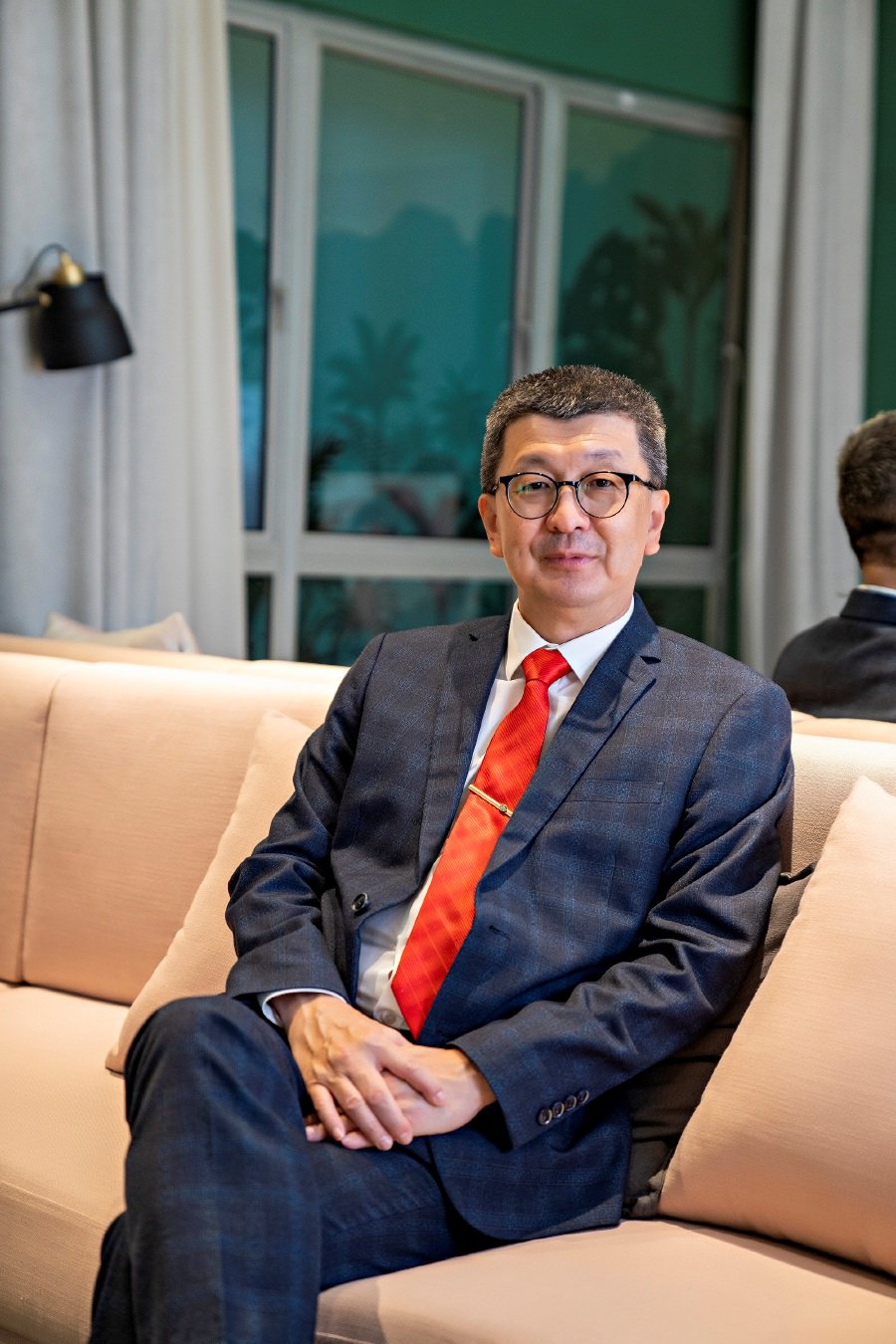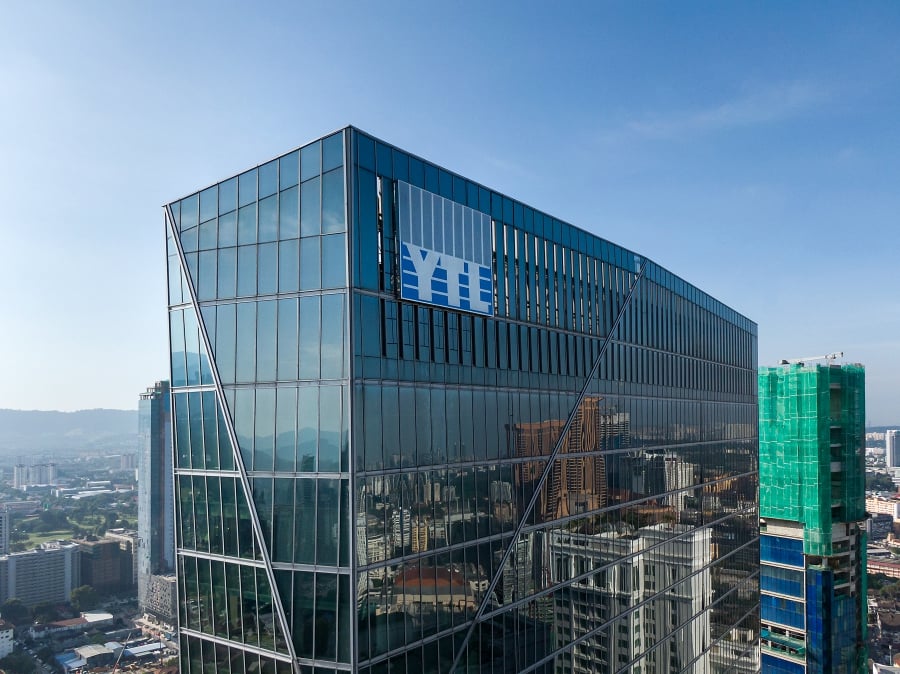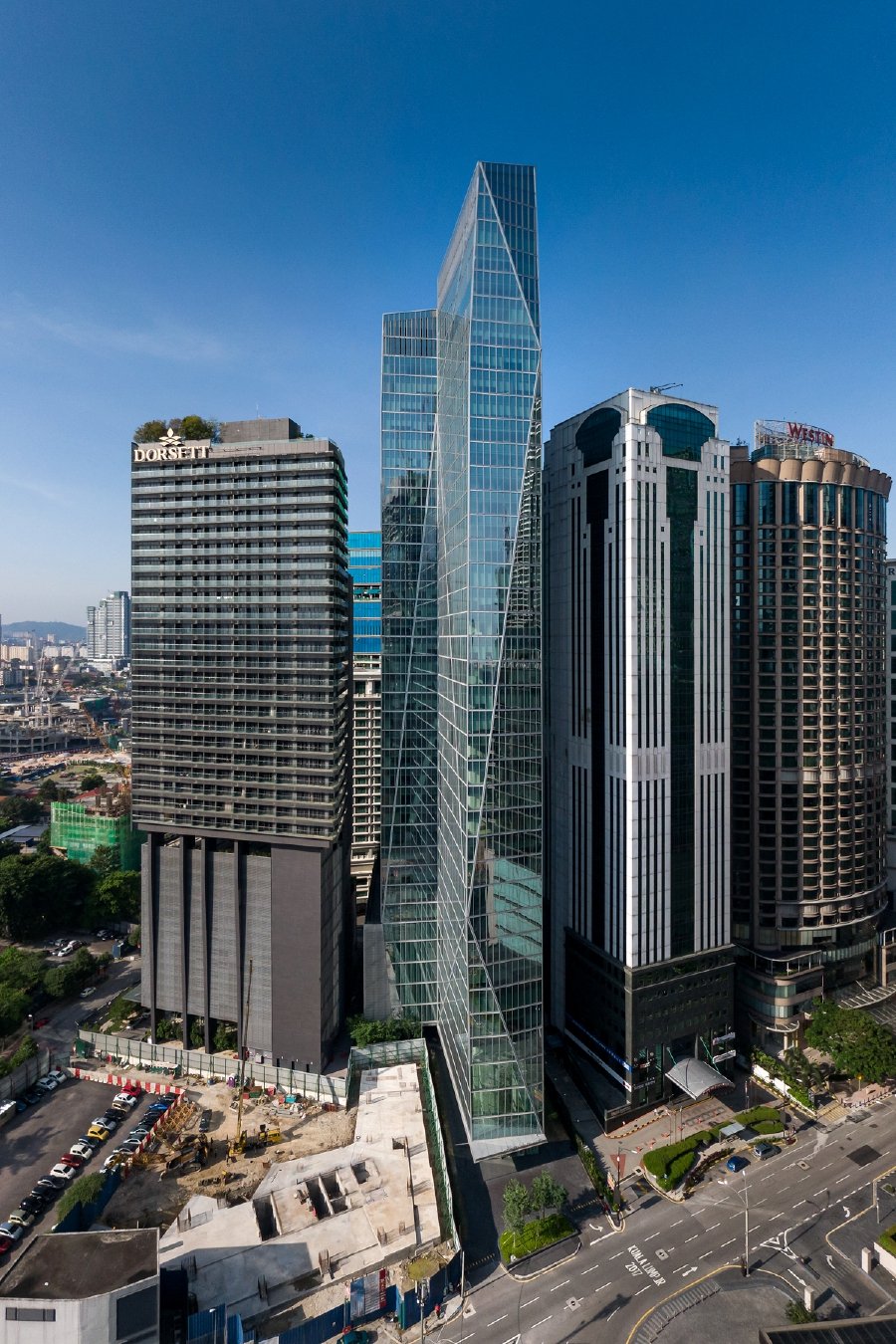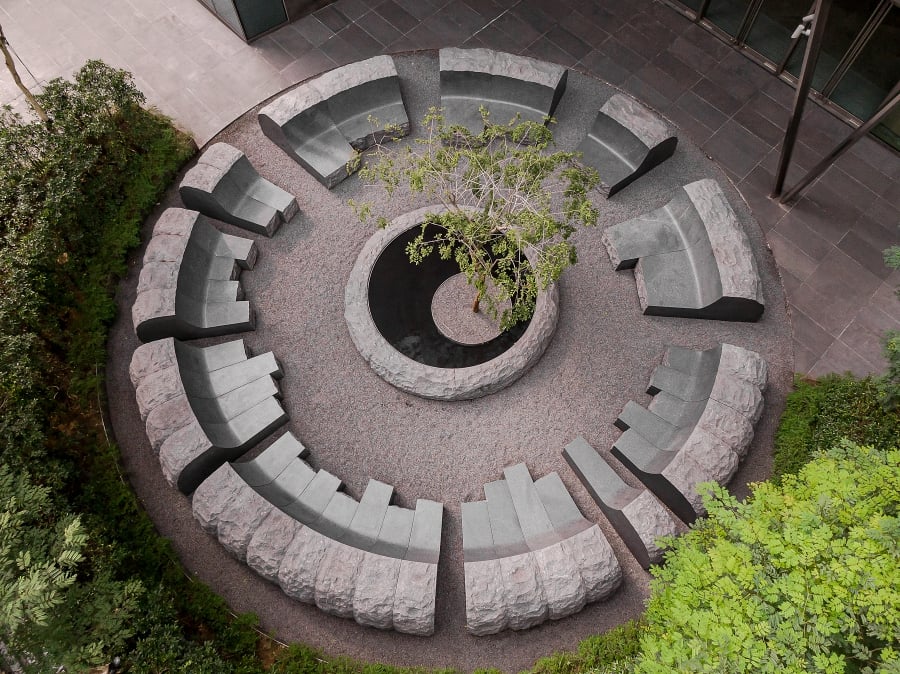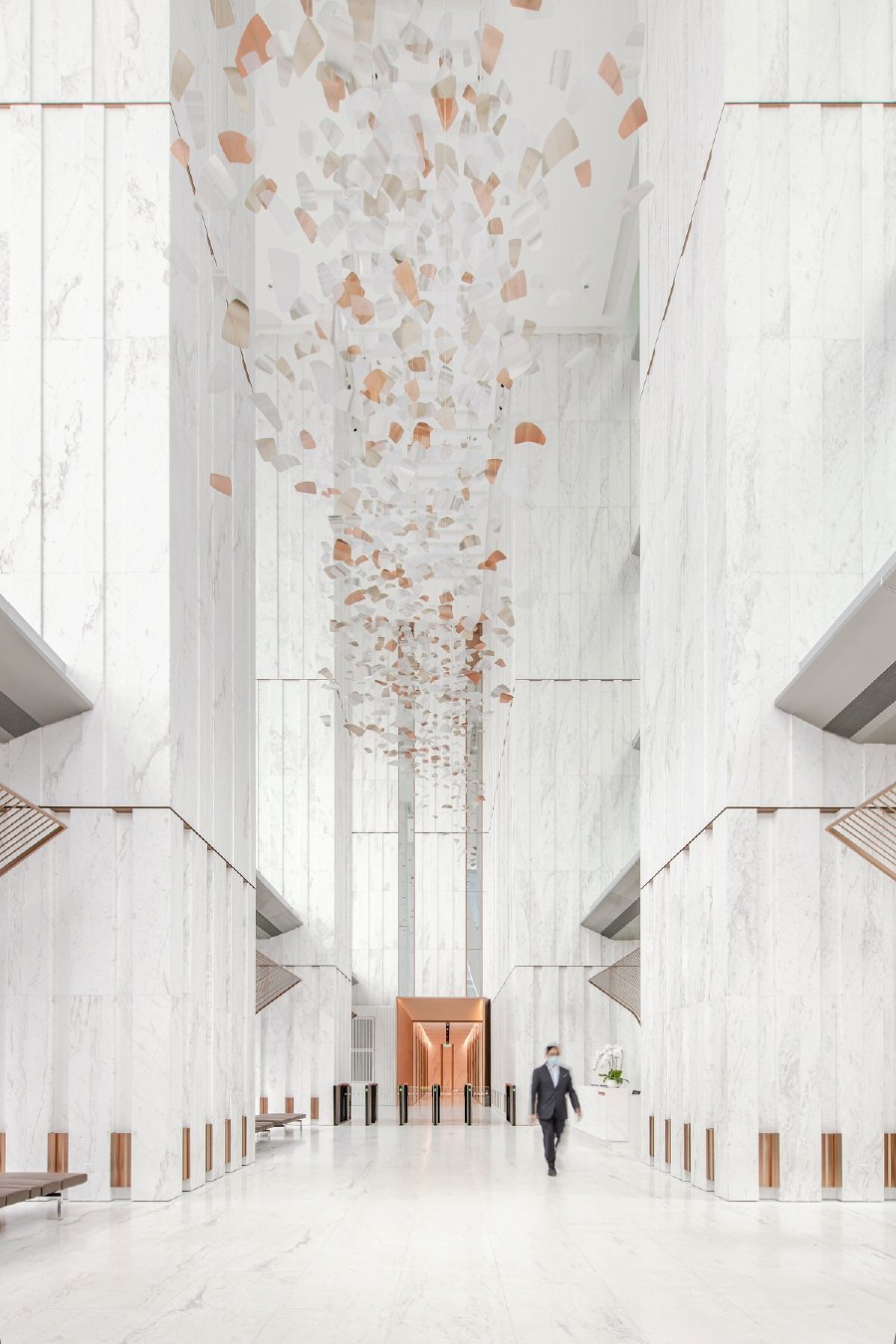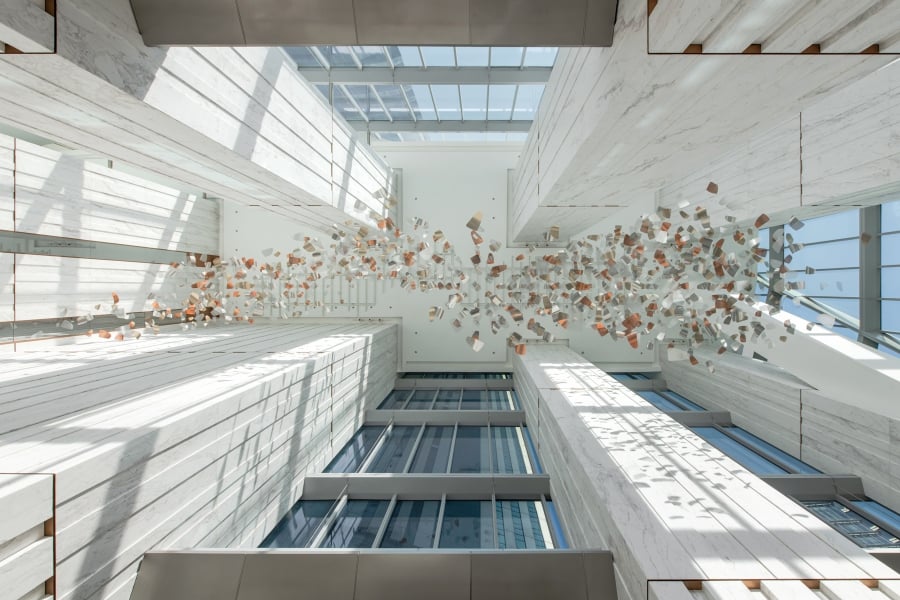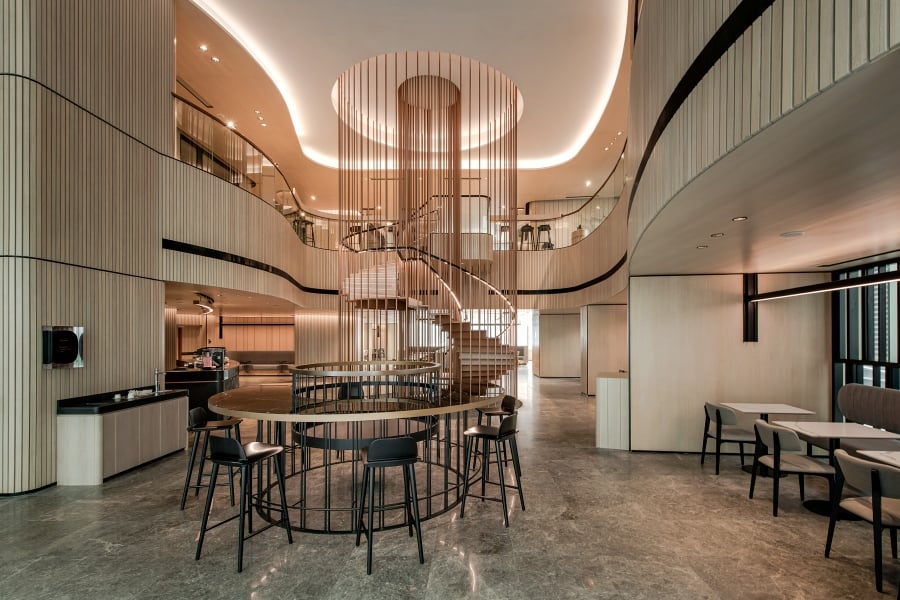By Sharen Kaur - Published in NST Property, December 17, 2021 
This was revealed during a recent meeting at i-City with Huawei Enterprise Malaysia managing director David Li, and I-Berhad executive chairman Tan Sri Lim Kim Hong.
Huawai is expected to develop the self-driving bus system for I-Berhad, the developer of the RM10 billion smart city project, which began in 1995.
This could happen as early as 2024, when the i-City LRT3 station in Seksyen 7, Shah Alam, opens.
The community that work and live in i-City will be able to move around via the autonomous shuttle services. Similarly, the autonomous shuttle will also serve visitors who alight from the i-City LRT3 station, heading to i-City.
i-City, a self-sustaining smart city, has gained traction, with the number of residents, knowledge workers, and visitors growing at an exponential rate. As the population grows, i-City will continue to cater to the specific needs of its tenants, residents, and other stakeholders, particularly by improving public facilities and increasing provision for more.
The autonomous shuttle service is convenient for visitors to move around within i-City, be it for business or leisure.
The shuttle service will connect the important nodes between the central business district (CDB) in i-City, namely Central i-City Mall, DoubleTree by Hilton, and CentralWalk, to Mercu Maybank corporate tower. In addition, it will also serve the residential properties and the theme park.
With the surge in the corporate population at Mercu Maybank, which includes Maybank with approximately 1,400 employees, Prudential, and some other MNCs, and the growing residential population, they will all gain from the extended public transport.
The use of public transportation will significantly reduce traffic congestion and also the carbon footprint within i-City as part of its green initiative agenda.
Singapore announced the launch of autonomous bus services for the first time, in a bid to drive sustainable autonomous vehicle solutions within the country.
Commuters can take driverless buses in two areas of Singapore, in the first such trial since the Republic began experimenting with autonomous vehicles on the roads in 2015.
The new services, headed by ST Engineering, and operated by SMRT and SBS Transit, will run in Singapore Science Park 2 near Haw Par Villa and on Jurong Island.
Meanwhile, given Huawei's extensive experience in smart city solutions and also expertise in data centres, the company fits the bill to accelerate i-City's advancement to the next stage of rolling out other smart features, which includes expanding into Artificial Intelligence (AI)-powered services, and the deployment of 5G (5th generation mobile network) technology.

i-City is currently served by 400G-capable network connectivity powered by Huawei, boosting its credentials as a smart city and next-level information and communications technology (ICT)-based urban development.
The timely deployment of 5G will enable i-City to gain a significant edge in the rolling out of future technologies and the explosion of its service-based economy.
In the works for I-Berhad is the setting up of a new data centre park. The developer has the approval to build two more data centres with space of 100,000 sq ft each on a 2.43-hectare plot of freehold land, targeting multinational corporations (MNCs), financial companies, and information technology firms.
Currently, the purpose-built Tier-3 certified data centre in i-City, which was launched in 2008 is running at full capacity.
Huawei's agenda to accelerate Malaysia's digital economy transformation can also enhance i-City's future growth.
The company recently upgraded its Huawei Customer Solution Innovation Centre (CSIC), which was officially launched on November 23 by Prime Minister Datuk Sri Ismail Sabri Yaakob.
The CSIC was created as an information and communications technology (ICT) hub and Center of Excellence to drive the industry's open ecosystem and accelerate Malaysia's digital economy transformation.
Huawei's 5G solutions for smart cities and autonomous vehicles are among the B2B (business 2 business) solutions on display at CSIC.
